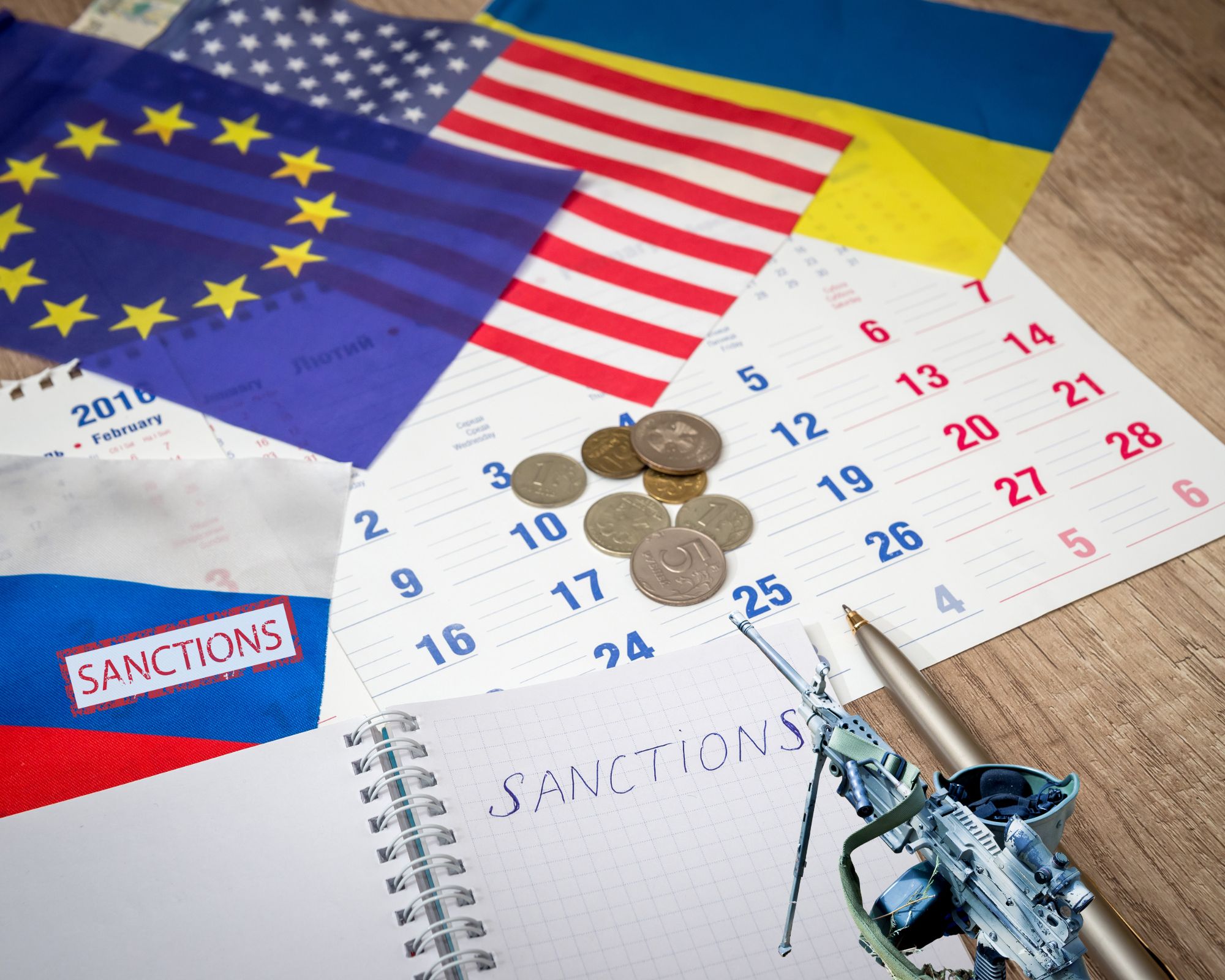Summary:
-
The Biden administration halted $700 million in financial support after the military overthrew Sudan’s civilian-military government in a coup last year.
-
According to the IMF, the economy of Sudan is predicted to contract by 0.3% this year, adding to the burden on the country’s 46.6 million people.
-
As part of a “deep state” network that dominates large portions of the economy, companies connected to Sudan’s military officials receive a cut of every gallon of oil and every bag of wheat sold in the nation, according to Hudson.
-
According to OCCRP reporters, M Invest, a business allegedly controlled by Yevgeny Prigozhin, the founder of the Russian paramilitary Wagner Group, and in charge of managing the group’s operations in Sudan, has agreed to pay millions of dollars to a security firm run by Sudanese military intelligence for “security services” and visa processing.
-
Back to the beginning Forces of Freedom and Change (FFC) and the Sudanese military have been negotiating under US supervision in recent weeks to reach a political agreement with the military administration that may reinstate a civilian prime minister and grant the military some measure of autonomy.
According to a US analyst, the US decision to stop providing aid, money, and debt relief to Sudan has not successfully punished the military regime. It is aggravating conditions for residents already struggling with a collapsing economy.
The Biden administration halted $700 million in financial support after the military overthrew Sudan’s civilian-military government in a coup last year. In March, the Central Reserve Police of Sudan was subject to penalties after the Department of the Treasury accused it of employing disproportionate force against nonviolent protestors.
Analysts contend that more may be done to address the post-coup crisis because the current sanctions regime is not targeting the Sudanese military. According to the IMF, the economy of Sudan is predicted to contract by 0.3% this year, adding to the burden on the country’s 46.6 million people.
Cameron Hudson, a senior associate at the Center for Strategic and International Studies, a former director for African affairs on the White House National Security Council, and formerly an intelligence analyst in the Africa Directorate at the CIA, claims that “the missing ingredient is a robust international response.”
“We must acknowledge that the military has not experienced any personal costs for seizing power…
We need to be honest about who that truly affects, adds Hudson.
According to Hudson, if the Sudanese military does not take steps to restore civilian authority, the US should threaten it with additional sanctions.
“The military has behaved without fear of repercussions, so they can do as they choose. We need to issue significant threats and follow through on them if and when the military disobeys to break the pattern of impunity.
We have every cause to penalise the military for its activities over the past year. Still, I believe there is a perception in Washington that doing so will discourage cooperation and negotiation on their part. Unfortunately, there isn’t any proof to back up that assertion.
Deep State encircles
Sudan’s military overthrew the government in October to safeguard critical commercial interests and their influence over significant portions of the economy.
“They grabbed over again because the civilian government was making great strides toward overthrowing the regime and was succeeding in achieving some of their objectives,”
According to Hudson, as part of a “deep state” network that dominates large portions of the economy, companies connected to Sudan’s military officials receive a cut of every gallon of oil and every bag of wheat sold in the nation.
“We may impose sanctions on them for the coup, for backing Russia in the conflict in Ukraine, and for violating the human rights of peaceful protestors; as of now, 120 people have died on Sudanese streets. We might punish them for serious corruption.
The case for Western sanctions against the military commanders of Sudan for massive corruption is further strengthened by revelations in an investigation made public by the Organized Crime and Corruption Reporting Project (OCCRP) on Wednesday.
According to OCCRP reporters, M Invest, a business allegedly controlled by Yevgeny Prigozhin, the founder of the Russian paramilitary Wagner Group and in charge of managing the group’s operations in Sudan, has agreed to pay millions of dollars to a security firm run by Sudanese military intelligence for “security services” and visa processing.
According to the article, the Sudanese company Aswar was also hired to provide the Russians with weaponry and arrange planes in exchange for a $200,000 “goodwill fee” and an additional $100,000 per month, with the Russian company paying all of Aswar’s taxes and personnel salaries.
Back to the beginning
The Forces of Freedom and Change (FFC) and the Sudanese military have been negotiating under US supervision in recent weeks to reach a political agreement with the military administration that may reinstate a civilian prime minister and grant the military some measure of autonomy.
However, the citizens who have led the resistance to the military since the 2019 revolution are not present at the bargaining table because the protest movement has generally failed to organise itself into a formal political body.
The difficulty, according to Hudson, is that none of the parties to the negotiations is answerable to the general public.
Consequently, there is a remarkable degree of worry that the negotiations will lead to an agreement among the elites. Where will it leave us if that is the case?
Analysis by: Advocacy Unified Network

